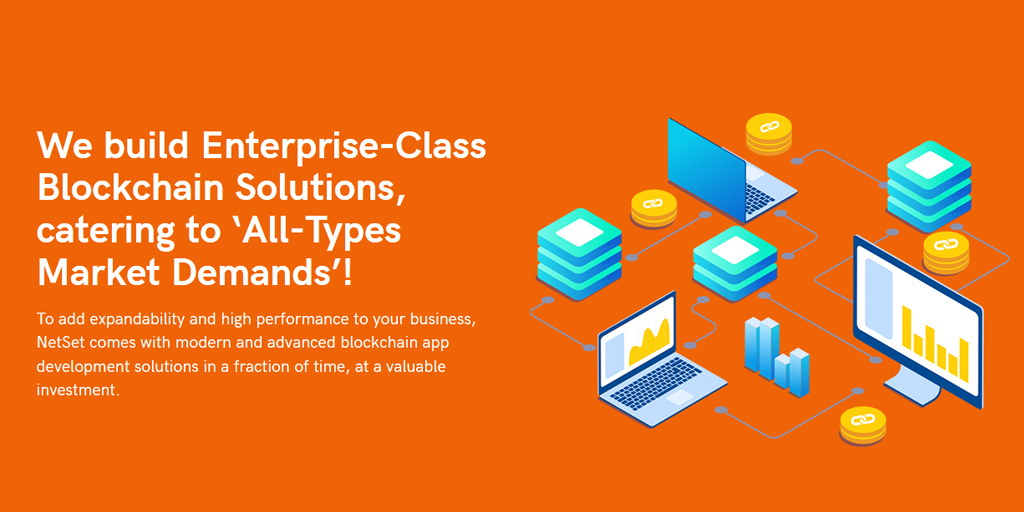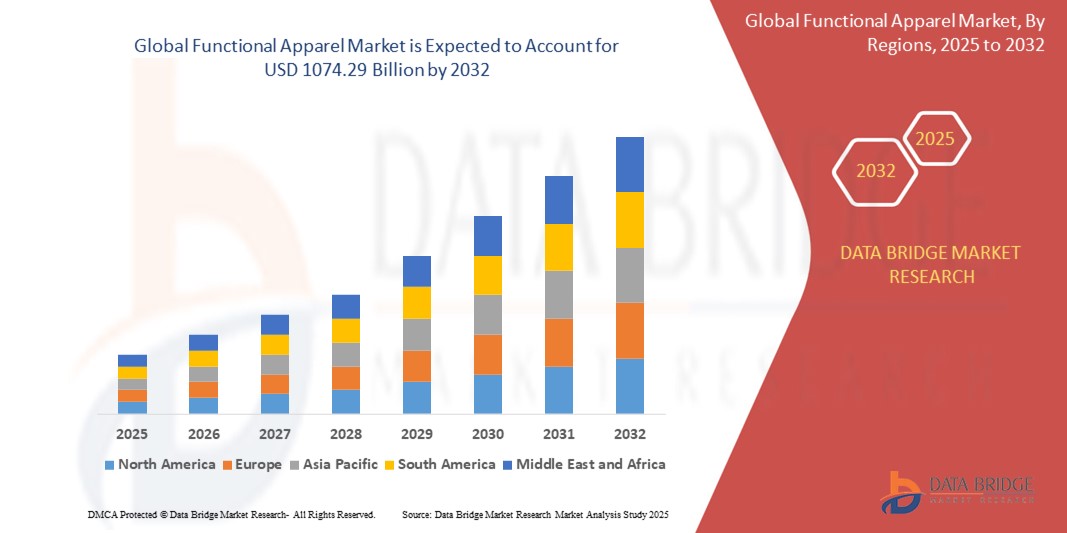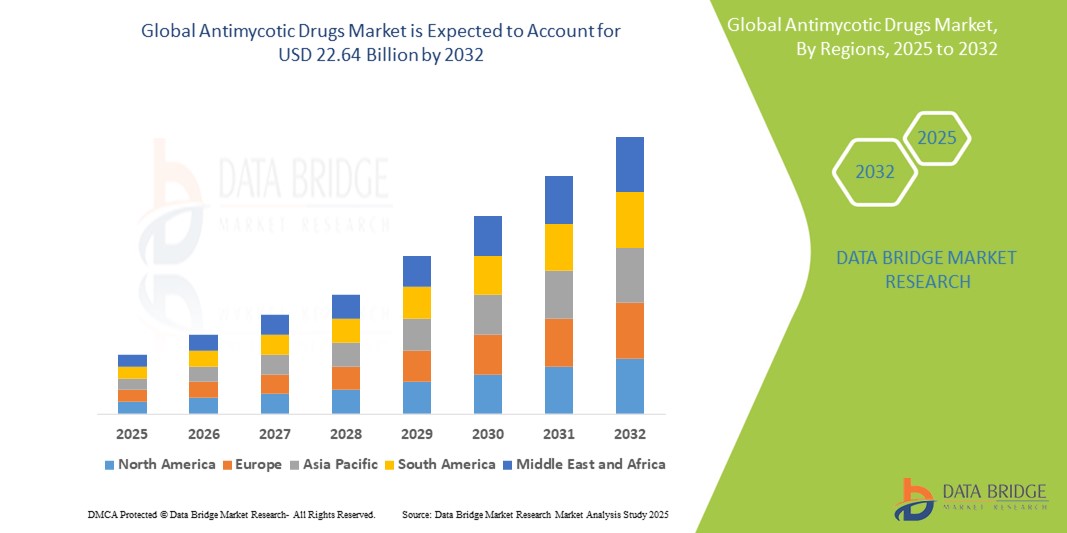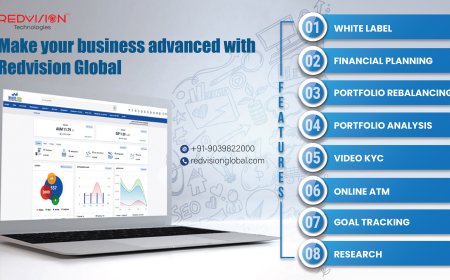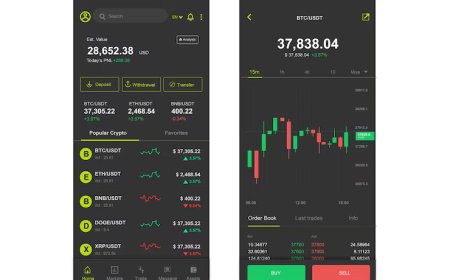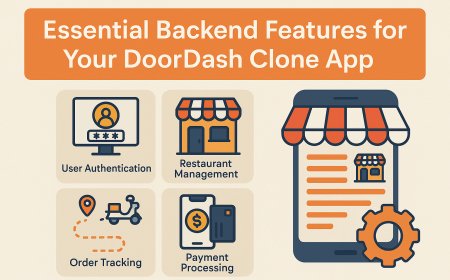Entertainment 2025: Tech Reshaping How We Watch & Play
From AI-generated content to immersive VR and interactive streaming, discover how technology is transforming the entertainment landscape in 2025.
The way we experience entertainment in 2025 is very different from even a few years ago. From how we watch movies to how we play games, technology is playing a major role. Streaming services, gaming platforms, and social media are all integrating advanced tools to make content more interactive and accessible. Even the way we buy things has changednow, people can e cigarette online, stream a new show, and play a game all from the same device. This blending of digital services is reshaping what "entertainment" means today.

Streaming Goes Interactive
Interactive streaming is one of the most noticeable changes. Platforms like Netflix, Amazon Prime, and YouTube are now adding features that allow viewers to make choices within a show. This makes the experience feel more like a video game than traditional TV.
-
Viewers can select storylines in real-time.
-
Live sports offer multiple camera angles for personalized viewing.
-
AI recommends shows based on mood and past behavior.
-
Some platforms offer community chats during live streams.
These changes give users more control and make content feel more personal. Its not just about watching anymoreits about participating.
Gaming Gets Smarter
Gaming in 2025 is smarter, more social, and more mobile. Cloud gaming lets players enjoy high-quality games without needing expensive consoles. Services like NVIDIA GeForce Now and Xbox Cloud Gaming stream directly to phones, tablets, and smart TVs.
-
Cloud gaming eliminates the need for physical downloads.
-
AI-powered NPCs (non-playable characters) respond more realistically.
-
Games are designed for short or long sessions, depending on user habits.
-
VR and AR elements are more common, especially in fitness and racing games.
Gamers no longer need to be tied to a chair or desktop setup. They can play on the go, and the experience still feels high-end.
Social Media as Entertainment Hubs
Social media platforms are more than just places to post photos or status updates. In 2025, they serve as full-fledged entertainment hubs. TikTok, Instagram, and YouTube continue to dominate short-form video, but new players are emerging with niche content.
-
Content creators are using AI tools to edit and publish faster.
-
Micro-streaming events like flash concerts or live Q&A sessions are trending.
-
Monetization is easier, with in-app tipping and subscriptions.
-
Social feeds now include playable content like mini-games.
With smart algorithms, users spend more time on platforms that know exactly what kind of entertainment they like.
AI-Generated Content
Artificial Intelligence is transforming the content creation process. AI can now write scripts, generate music, design visuals, and even act using digital avatars. This helps both professionals and amateurs produce high-quality material quickly.
-
AI tools assist with scriptwriting, voice-overs, and animations.
-
Virtual influencersAI-created personalitiesare gaining millions of followers.
-
Some music tracks are now entirely AI-generated.
-
AI editing tools reduce post-production time significantly.
This trend doesn't replace human creativityit enhances it by removing repetitive tasks and opening up new possibilities for storytelling.
Personalized Experiences
Entertainment is becoming more tailored to individual preferences. Whether youre watching a show, playing a game, or browsing a music app, AI helps curate a unique experience.
-
Streaming platforms recommend content based on watch history and behavior.
-
Music apps create real-time playlists based on activity or location.
-
Game platforms adjust difficulty levels and story arcs in response to player actions.
-
Even news and sports highlights are filtered by personal interests.
These tailored experiences make entertainment feel more meaningful and relevant. People dont just consume contentthey connect with it.
Augmented and Virtual Reality
AR and VR are becoming more mainstream in 2025. While they were once niche techs, today theyre used across different forms of entertainment.
-
VR concerts and festivals give people a front-row experience from home.
-
AR filters are used in live TV shows and sports broadcasts.
-
Virtual museums and theme parks offer immersive tours.
-
Educational entertainment uses VR for simulations and storytelling.
More affordable headsets and apps are driving adoption. VR and AR are no longer limited to tech fanstheyre becoming part of everyday fun.
Smart Devices and Cross-Platform Access
Smart TVs, smartwatches, and voice assistants are syncing together to deliver seamless entertainment. Whether its casting a video from your phone to your TV or asking your smart speaker to start a playlist, everything is connected.
-
Cross-device syncing keeps your spot whether on phone, tablet, or TV.
-
Voice-controlled content is growing, reducing the need for remotes.
-
Apps now offer consistent interfaces across platforms.
-
Wearables give feedback for fitness-based games and interactive content.
This smart ecosystem allows users to enjoy entertainment in a way that fits into their lifestyle and routine.
The Rise of Digital Collectibles and NFTs
NFTs and digital collectibles have moved from being just trends to having real entertainment value. They are used in games, virtual concerts, and even movie promotions.
-
Users collect digital art, in-game items, and virtual merchandise.
-
Brands create limited edition content drops through blockchain.
-
Some NFTs unlock special features in games or exclusive shows.
-
Digital fan engagement is rising through token-based rewards.
Though the hype has cooled, the utility of NFTs in 2025 has made them a valuable part of the entertainment world.
Community-Based Entertainment
Group-based entertainment is gaining attention. Whether it's through watch parties, co-op games, or fan-based content creation, communities are driving what becomes popular.
-
Virtual watch parties are common across platforms like Disney+ and Hulu.
-
Discord and Reddit communities influence game design and updates.
-
Co-creation with fans helps content creators build loyal audiences.
-
Group challenges and fan votes are used in reality shows and competitions.
People enjoy entertainment more when they experience it together. Community engagement adds a social layer that strengthens the connection between content and viewer.
Looking Ahead
As we move through 2025, the entertainment world is fast, connected, and more inclusive than ever. Technology has made it easier to access quality content anytime and anywhere. It's not just about bigger screens or better graphicsits about how easily entertainment fits into our daily lives. Whether you're streaming a show, playing a quick game, or browsing your favorite app, theres a growing mix of fun and function. For many, it's also part of lifestyle choicesfrom digital relaxation to modern shopping like how some shop vape products while watching content. The lines are blurring, and the experience is becoming more dynamic by the day.












